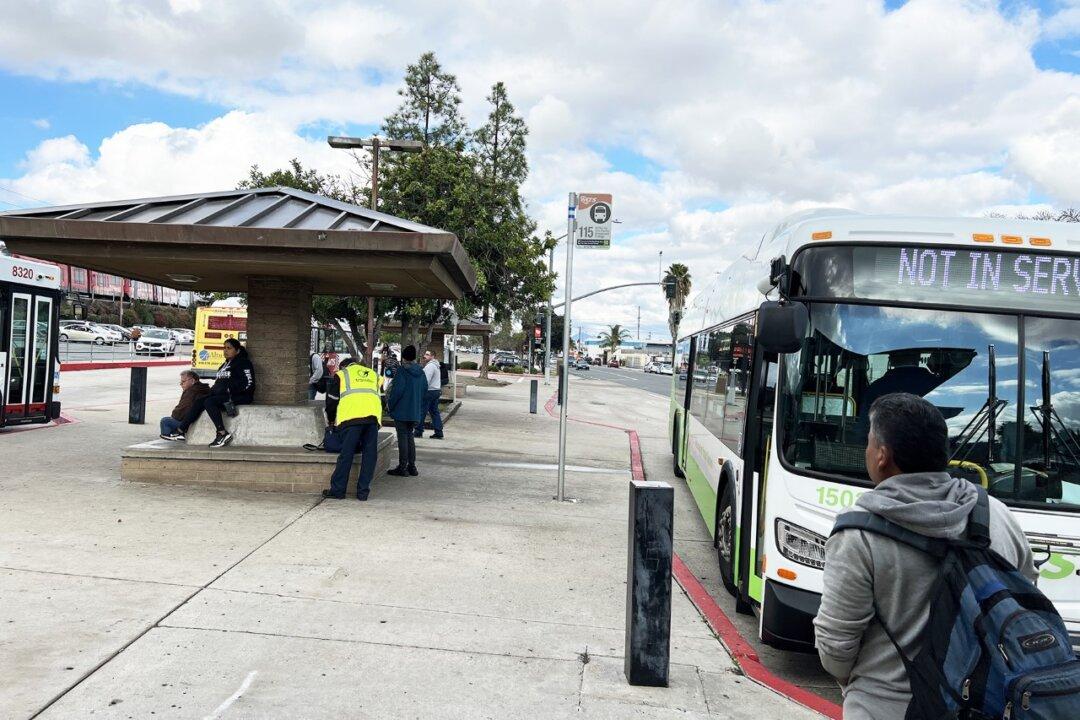U.S. Customs and Border Protection (CBP) has recently dropped off hundreds of illegal immigrants seeking asylum at bus stops across San Diego County, according to a local official.
San Diego County Supervisor Jim Desmond told The Epoch Times that on Dec. 23, 2022, Border Patrol agents dropped off about 200 asylum-seekers—political refugees seeking shelter in the United States after fleeing countries in South America, as well as Ukraine and China, among others.




